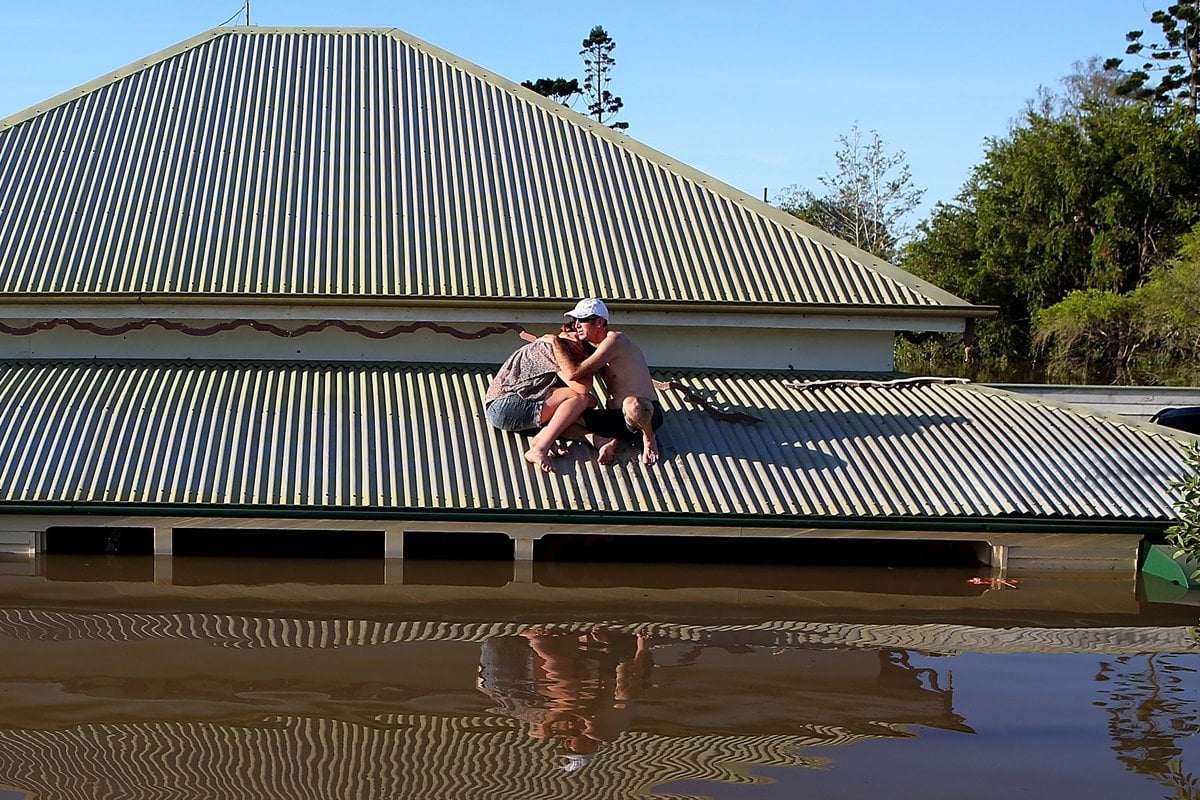
This week, the news was so dominated by reports of unprecedented, deadly floods, that we hardly heard a word about a new climate change report.
That’s the irony of a climate emergency.
Who has time to talk about something as hypothetical as climate change when we are in the midst of a natural disaster?
At least 15 people are dead. Half a million Australians were, over the last week, either evacuated or told to prepare to. Towns are underwater, reeling from the shock of experiencing a "one-in-1000-year event". The 2011 floods in Queensland's Lockyer Valley were said at the time to be a "one-in-2000-year" event. Then came another flood. And another. All in less than 11 years.
This is all while some Australians are still living in caravans, unable to rebuild from the unprecedented bushfires of 2019 that decimated entire communities.
It was during those fires that our own government said, over and over again, now is not the time to talk about climate change.
It’s not like in 2007, the United Nations Intergovernment Panel on Climate Change (IPCC) foresaw such a catastrophe.
They concluded that "the impacts [of climate change] will very likely increase due to increased frequencies and intensities of some extreme weather events".
The report, the largest and most detailed summary of climate change ever undertaken, also found that "unmitigated climate change would, in the long term, be likely to exceed the capacity of natural, managed and human systems to adapt".
Simply, they warned, climate change would lead to extreme weather events, making much of the planet unliveable.

Top Comments